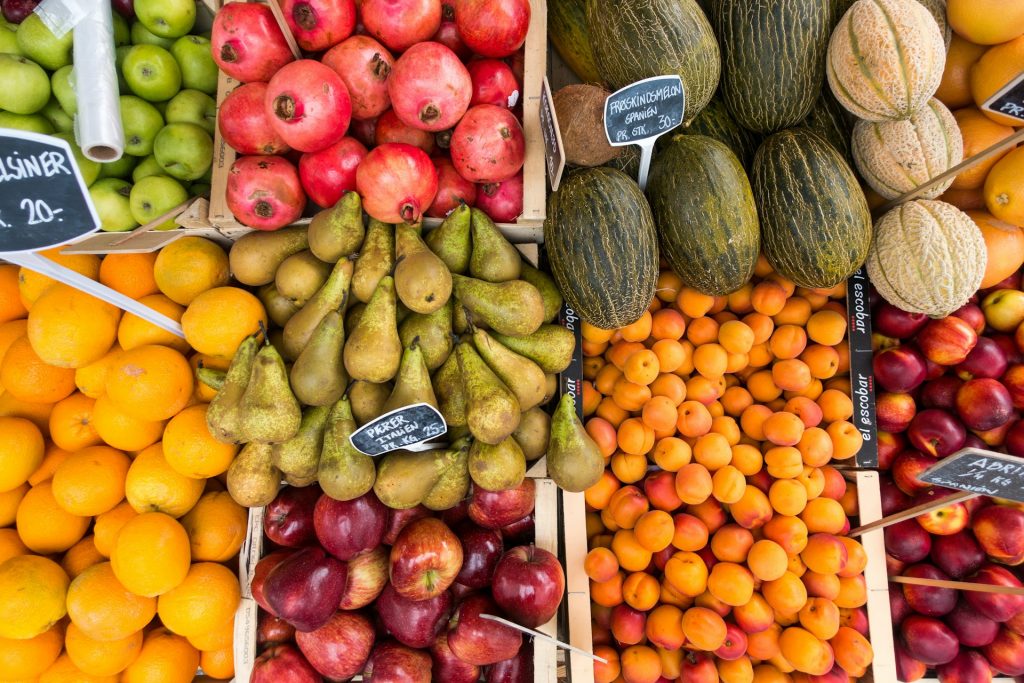Maintaining optimal health can be challenging in today’s busy world. While a balanced diet is crucial, smart supplementation can help fill nutritional gaps. But with so many options available, choosing the right vitamins and minerals can be overwhelming. In this guide, we’ll explore essential supplements, their benefits, and the best food sources to help you make informed choices for your health.
Key Vitamins You Need and Their Food Sources
Vitamins are vital for various bodily functions. Here’s a look at essential vitamins, their benefits, and the top food sources:
- Vitamin D: Known for supporting bone health, immune function, and mood regulation. Top sources include fatty fish (salmon, mackerel), fortified dairy products, and egg yolks. Sun exposure also helps your body produce vitamin D naturally.
- Vitamin C: An antioxidant that protects cells, boosts immune health, and aids in collagen production. Rich sources are citrus fruits (oranges, grapefruits), strawberries, bell peppers, and broccoli.
- Vitamin B12: Essential for nerve function and red blood cell production. Vital for vegetarians and vegans, as it’s found in animal products like meat, dairy, eggs, and fortified cereals.
- Folate (Vitamin B9): Supports DNA synthesis and cell division. Key sources include leafy green vegetables (spinach, kale), legumes (beans, lentils), and fortified grains.

Important Minerals and Their Benefits
Minerals are crucial for many bodily functions. Here’s a breakdown of essential minerals, their benefits, and the best food sources:
- Calcium: Important for bone and teeth health, muscle function, and nerve signaling. Found in dairy products (milk, cheese, yogurt), leafy greens (collard greens, bok choy), and fortified plant-based milks.
- Magnesium: Involved in over 300 biochemical reactions, including muscle function, blood sugar regulation, and bone health. Top sources are nuts and seeds (almonds, pumpkin seeds), whole grains, and leafy green vegetables.
- Iron: Essential for oxygen transport and energy levels. Rich sources include red meat, poultry, seafood, legumes, and fortified cereals. Combining iron-rich foods with vitamin C enhances absorption.
- Zinc: Supports immune function, wound healing, and DNA synthesis. Found in meat (beef, pork), shellfish (oysters, crab), nuts, seeds, and whole grains.
How to Choose the Right Supplements
Choosing the right supplements involves more than picking popular options. Here are some tips to guide you:
- Assess Your Diet: Identify any gaps in your nutrition. Supplements can help fill these gaps if your diet is lacking essential nutrients.
- Check Supplement Quality: Opt for supplements that are tested for purity and potency. Look for third-party certifications to ensure quality.
- Consult with a Healthcare Professional: Speak with a healthcare provider or nutritionist to determine the best supplements for your needs.
- Read Supplement Labels: Pay close attention to dosage and ingredients. Avoid products with excessive fillers or additives.
Conclusion
Smart supplementation can enhance your health by providing essential vitamins and minerals. By understanding the benefits of key nutrients and selecting high-quality supplements, you can support your overall health and well-being effectively. Make informed choices to achieve your health goals and maintain a balanced lifestyle.



